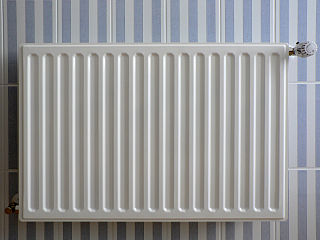Description
The use of air-conditioning systems during the summer or winter months is often carried out incorrectly, resulting in a very high level of abuse that entails a totally unnecessary energy waste. It is everyone’s responsibility to contribute to its proper use, and if heating or air conditioning is used appropriately and only in those cases where it is necessary, it can achieve significant energy and economic savings.
What can I do?
 The temperature should not fall below 26 °C in summer and not exceed 21 °C in winter. Each degree of variation can result in an additional energy waste of 8-10%.
The temperature should not fall below 26 °C in summer and not exceed 21 °C in winter. Each degree of variation can result in an additional energy waste of 8-10%.- Do not leave doors or windows open when using an air-conditioning system. This way you will avoid unnecessary energy losses and you will be able to keep the indoor temperature at a comfortable level.
- Turn off the air conditioning at the end of the working day
or when you are not at home. - Turn off radiators in rooms that are not normally used.
- For better radiator efficiency, do not cover the radiator with furniture or place objects on top of it.
- Use air conditioning only on the hottest days and only if it is essential. If you use a fan instead of air conditioning, you will achieve high energy savings.
- It is preferable to use devices such as storage heaters or heat pumps instead of electric radiators, as the latter consume much more electricity, especially infrared radiators.
- It is necessary to carry out periodic maintenance of the equipment.
Impact on the environment

Image: Central heating radiator. Author: Bios (Discussió /contribucions) [GFDL o CC-BY-SA-3.0], via Wikimedia Commons (http://commons.wikimedia.org/wiki/File:Radiator_op_blauw-wit-gestreepte_tegels.JPG)